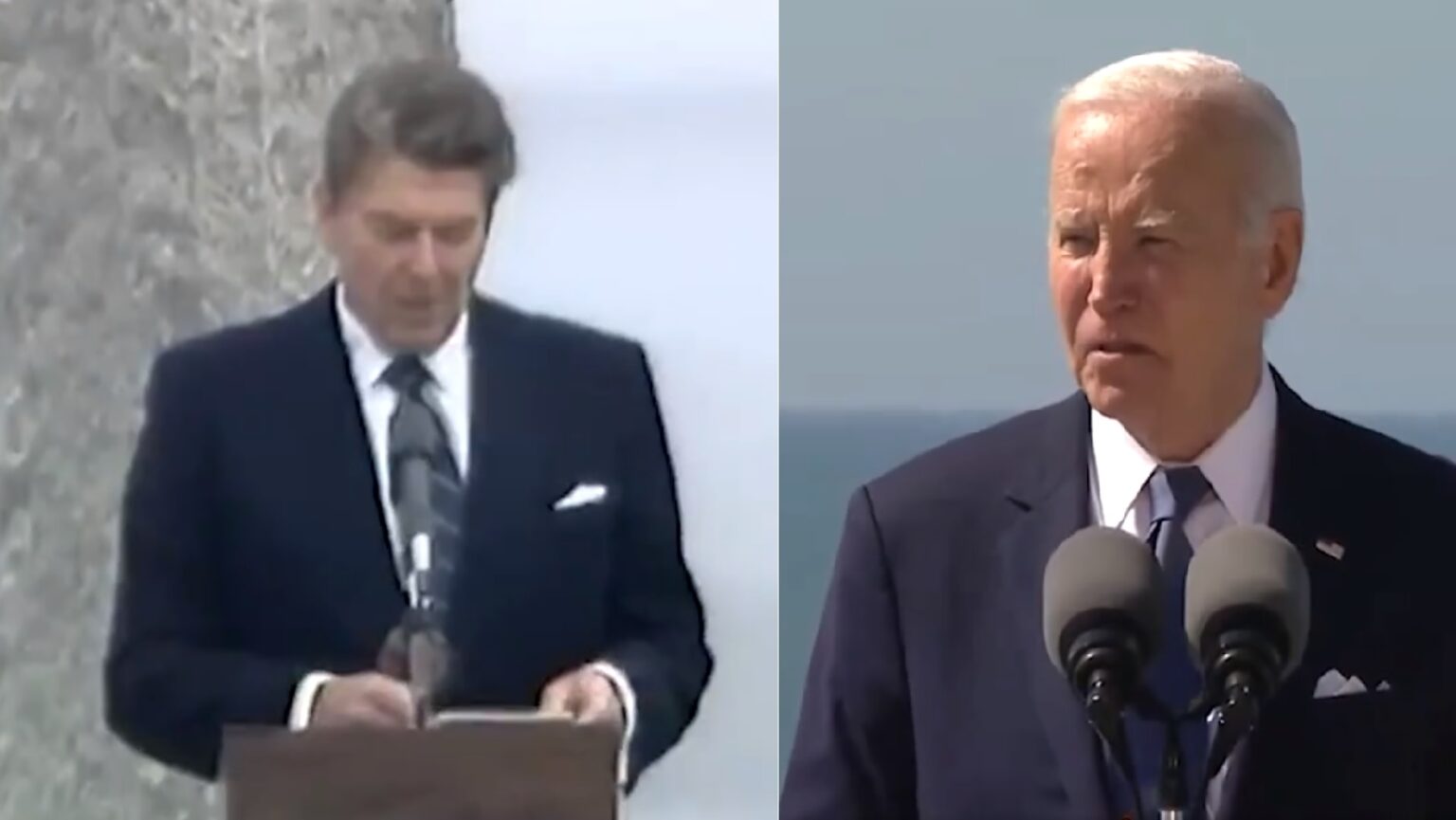Local Law Enforcement Offered Drones to Secret Service Ahead of Trump Assassination Attempt—Secret Service Declined: Whistleblower
The Post Millennial and The Federalist are individually reporting that a whistleblower has brought to light a critical lapse in security measures during an assassination attempt on former President Donald Trump.
Trending:“Who’s Behind These Talking Points?” Peter Doocy Asks DEI Hire KJP

Senator Josh Hawley revealed on Thursday that the whistleblower has come forward telling him that local law enforcement partners offered drones to the Secret Service ahead of the Butler, Pennsylvania rally where gunman Thomas Matthew Crooks attempted to assassinate Trump, but the Secret Service declined the offer.
“According to one whistleblower, the night before the rally, US Secret Service repeatedly denied offers from a local law enforcement partner to utilize drone technology to secure the rally,” Hawley wrote in a letter to Department of Homeland Security Secretary Alejandro Mayorkas. “This means that the technology was both available to USSS and able to be deployed to secure the sight.”
🚨🚨 NEW – Whistleblower tells me local law enforcement partners & suppliers offered drones to Secret Service BEFORE the rally – but Secret Service declined pic.twitter.com/UM0jfrMc9z
— Josh Hawley (@HawleyMO) July 25, 2024
The offer from local law enforcement came as a proactive measure, recognizing the increased risk during high-profile events. Drones equipped with advanced surveillance capabilities can provide real-time aerial footage, identify suspicious activities, and enhance situational awareness for security personnel on the ground.
The refusal to deploy such technology, especially during an event with a heightened threat level, appears to be a critical oversight.
The whistleblower, whose identity remains confidential, stated, “The offer for drone assistance was made well in advance of the event. It was a missed opportunity to bolster security measures and ensure the safety of everyone present, including the former President.” This sentiment underscores the potential advantages of integrating drone technology into security protocols, particularly in light of modern threats.
In light of this revelation, several questions have emerged regarding the Secret Service’s decision-making process and their criteria for accepting or declining additional security measures.
The whistleblower’s account has prompted calls for a thorough investigation to determine the rationale behind the Secret Service’s refusal and to assess whether standard operating procedures need revision to incorporate emerging technologies more effectively.
Critics argue that the Secret Service’s decision reflects a broader issue of reluctance to embrace new technologies that could enhance their operational capabilities. The integration of drones into security operations has been increasingly adopted by various law enforcement agencies due to their ability to provide comprehensive surveillance and rapid response capabilities.
A statement from a local law enforcement official emphasized the importance of utilizing all available resources to ensure safety: “In today’s security landscape, it’s imperative to leverage technology to its fullest potential. The offer to deploy drones was made with the intention of enhancing security measures and preventing any potential threats.”
The refusal to accept drone assistance has sparked a debate on the balance between traditional security methods and the adoption of innovative technologies.
Proponents of drone surveillance argue that such tools are indispensable in modern security strategies, providing a bird’s-eye view that ground personnel cannot achieve. Conversely, some contend that over-reliance on technology may lead to complacency and a reduction in the effectiveness of trained security personnel.
Former President Trump’s assassination attempt, though ultimately unsuccessful, serves as a stark reminder of the persistent threats faced by high-profile individuals. The whistleblower’s disclosure has heightened the urgency for security agencies to reassess their protocols and ensure they are equipped to counter contemporary threats.
The Secret Service has yet to issue a public statement regarding the whistleblower’s claims. However, this incident is likely to prompt an internal review and potential policy adjustments. The integration of drone technology into security measures could become a focal point in future discussions on enhancing protective measures for high-profile events and individuals.
In conclusion, the whistleblower’s revelations have shed light on a significant security oversight during an attempted assassination of former President Trump. The refusal to utilize drone technology offered by local law enforcement has raised concerns about the Secret Service’s preparedness and adaptability to modern threats.
This incident underscores the need for a comprehensive review of security protocols and the integration of innovative technologies to ensure the highest level of protection.
Sponsors:
Huge Spring Sale Underway On MyPillow Products
Use Promo Code FLS At Checkout
Inflation Buster: Freedom From High-Cost Cell Plans (50% off first month with promo code: FLS)
Freedom From High-Cost Cell Plans Same Phones, Same Numbers, Same Coverage For About Half The Price.
